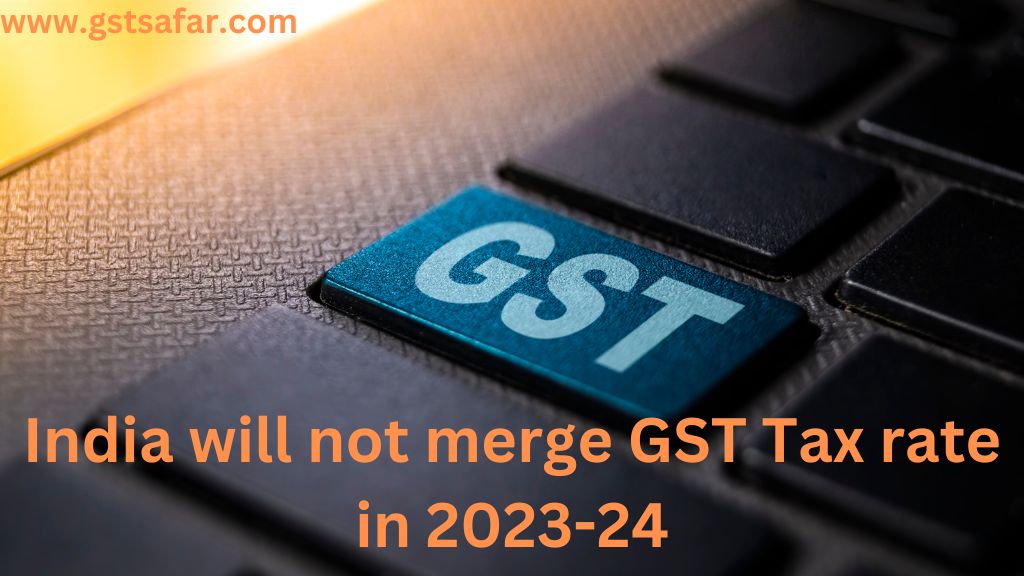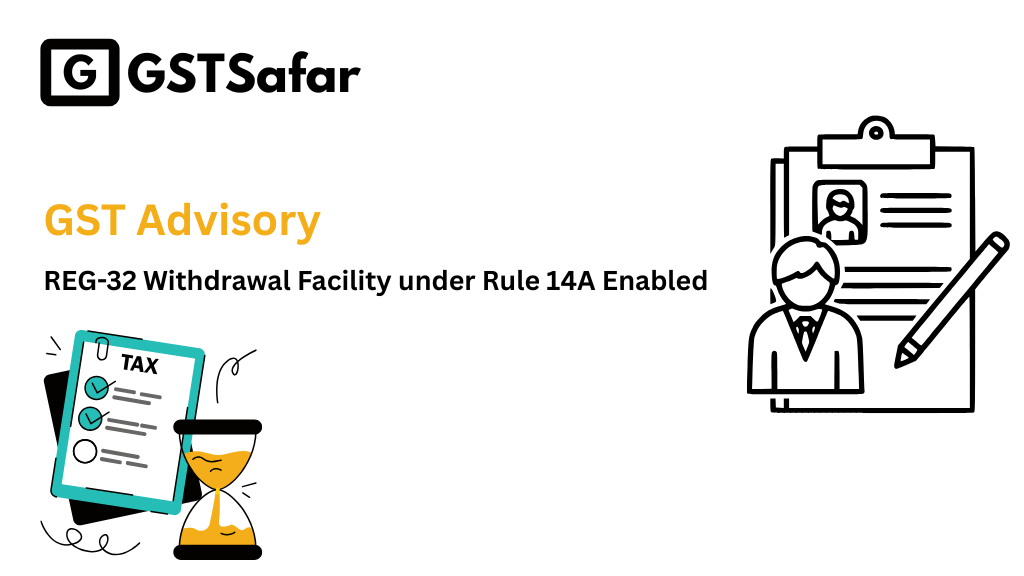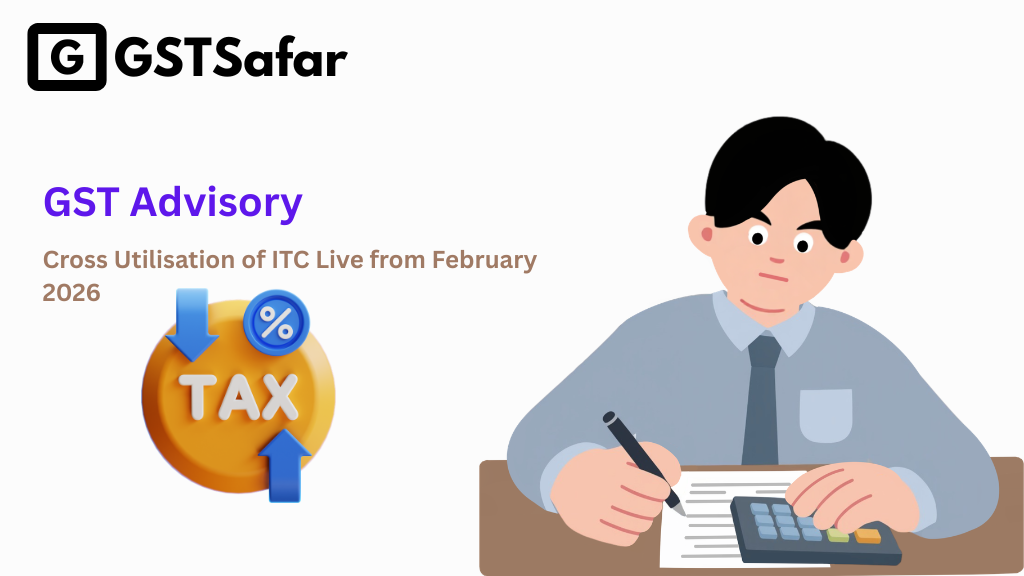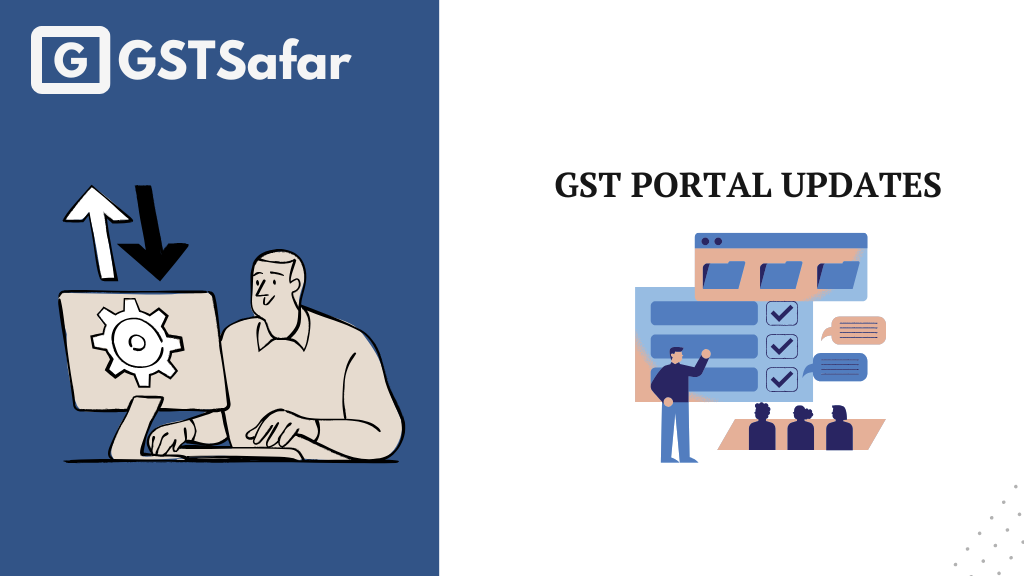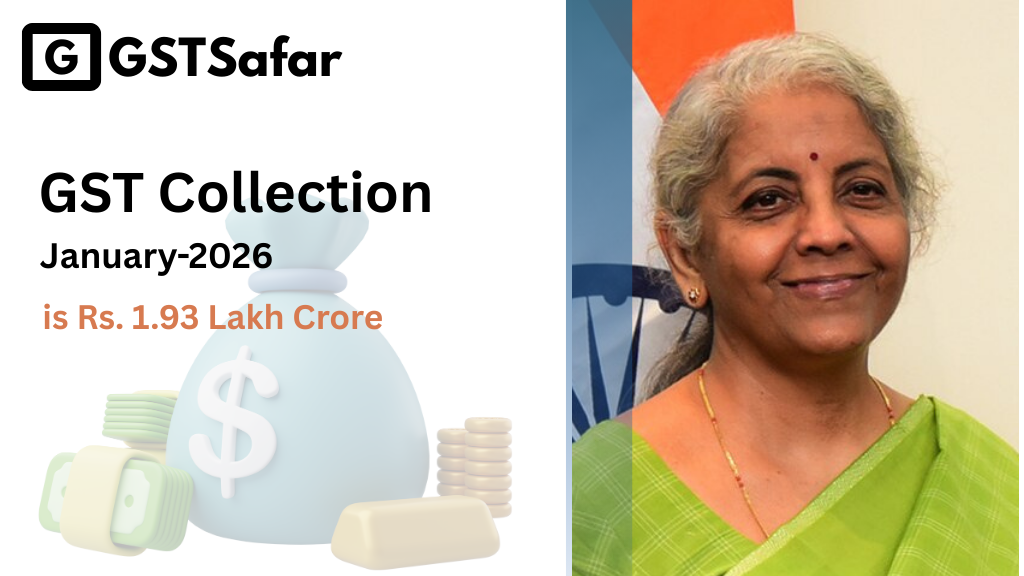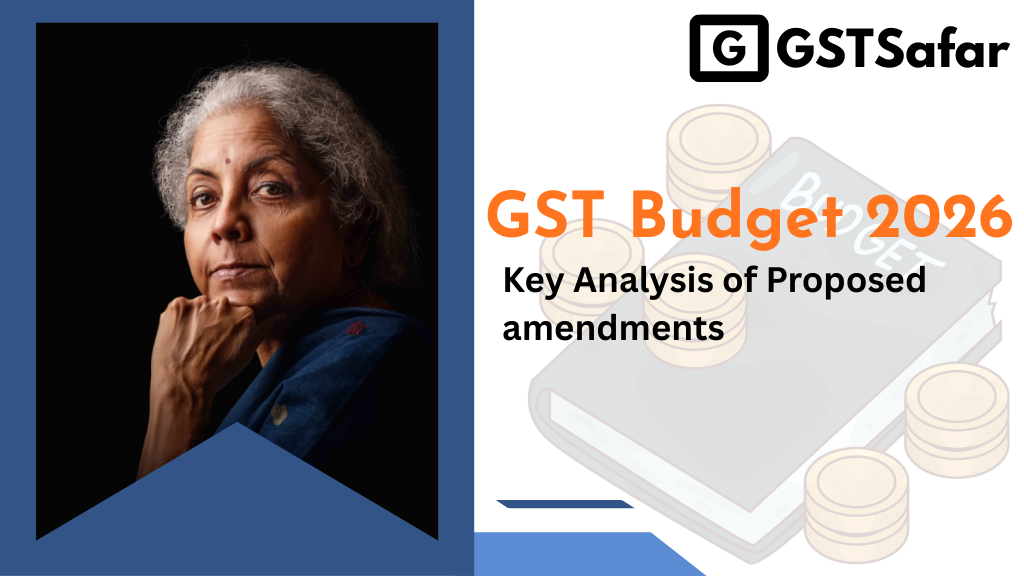A senior official said on Monday that India will not combine its GST tax rates in the next fiscal year. This puts off a change that the country has been thinking about for more than a year to simplify its tax system and make life easier for consumers.
The country currently has five GST tax rates, which were implemented in 2017 to consolidate numerous state taxes under one umbrella. They range between 0% and 28%.
The government discussed reforming the tax in 2021 by combining two tax rates and reducing the burden on a variety of goods. The five-year-old system has come under fire from some for having too many tiers.
“Currently, we only seek to maintain stability (in tax rates) and a steady tax regime. Minor taxation modifications, such as the consolidation of tax rates, are not being considered for 2023/24 “In an interview, Revenue Secretary Sanjay Malhotra stated.
Malhotra indicated that the government would prefer to have fewer tax bands in the long run, but he did not provide a timetable.
According to Malhotra, “We would want fewer tax rates, less disputes…that is clearly the desire to have fewer rates…and there may be scope to cut tax slabs…that may be done at some point in time, but not now.”
The Indian government is attempting to reduce the number of tax rates for custom duty, which is not subject to the GST system.
Malhotra stated on Monday, “Going forward, we would like to have fewer customs tax rates as well.
In her presentation of the 2023–24 budget last week, Finance Minister Nirmala Sitharaman predicted a 12% increase in net GST revenue for the federal government. The government wants to collect $83.20 billion (or 8.54 trillion Indian rupees) in 2022–2023.
In addition, the government expects to raise 250 billion rupees through a windfall tax imposed on gasoline, turbine fuel, and diesel beginning in July 2022.
Investors won’t be negatively impacted by the government’s decision to eliminate the 5% concessional tax rate for foreign portfolio investors (FPIs) on interest income from debt instruments, according to Malhotra.
According to him, India has negotiated tax treaties with the majority of nations, requiring FPIs to pay 10% tax on interest received on corporate and foreign currency bonds as opposed to the previous 5% tax.
Many of the funds will not benefit from a lower tax rate since they would still be compelled to pay taxes in their home nations. Additionally, they receive a bigger setoff in their home country in proportion to the taxes they pay in India, he added.
